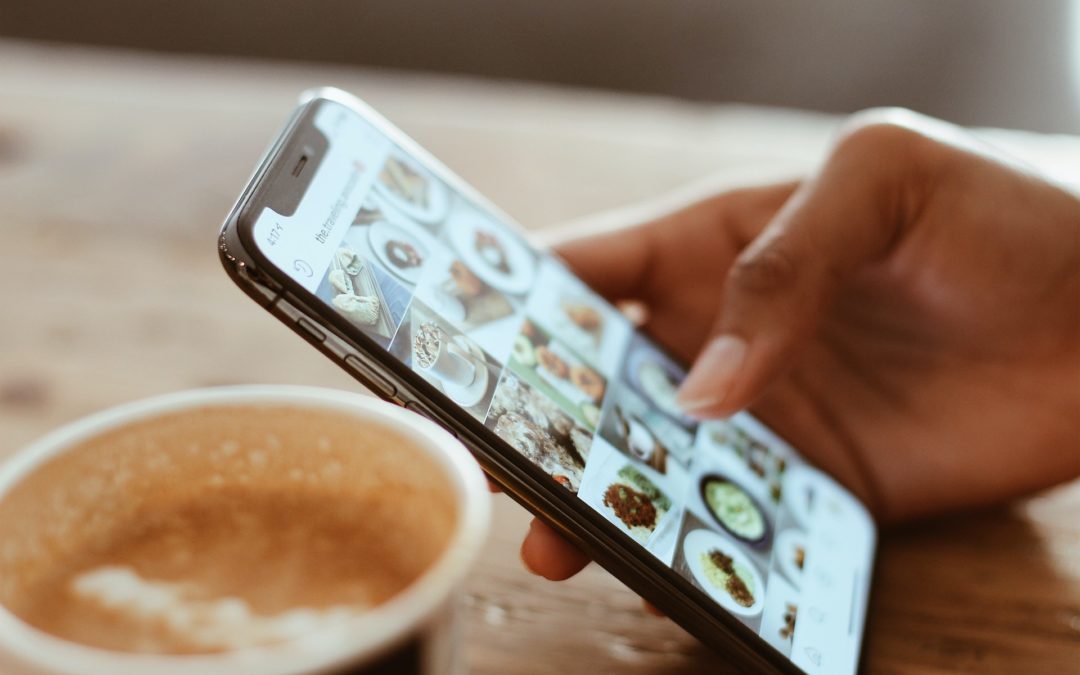According to a recent study, over 223 million Americans are active on at least one social media platform, accounting for over 70 percent of the country’s population. While Facebook, Twitter, and other sites have become essential tools for connecting with family, friends, colleagues, and people across the world who share our interests, there is a downside to all this clicking, posting, and sharing.
Social media platforms are specifically designed to be addictive. The creators and designers of these sites know that each time you click, it triggers a dopamine rush that continually brings you back for more. Numerous studies have shown that the pleasurable sensation released by repeated clicking creates a similar neurological reaction to the one activated by addictive drugs like cocaine or activities such as gambling. Although it is estimated that only 5 to 10 percent of users have a legitimate social media addiction, millions of others suffer from anxiety, depression, and even some physical ailments as a result of their constant use of social media.
How to Use Social Media Without Driving Yourself Crazy
While it may be neither possible nor desirable to stop using social media entirely, there are several effective strategies that you can employ to stay connected while keeping your mental health intact.
A few of these strategies include:
-
- Limit your social media use. This is the simplest way to avoid the negative effects of too much time spent online, but it can be difficult to achieve. Try limiting your use to 30 minutes or an hour a day. Most phones allow users to set limits on the amount of screen time they want to set per day on different apps. One helpful strategy may be to keep your phone in a different room while you’re at home or to keep your phone and computer outside your bedroom at night.
- Read mindfully. It is easy to get caught up in the endless scroll of Facebook or Twitter, but it is unlikely that this activity is bringing your much happiness. Take some time to consider if you’re benefiting from this addictive behavior and think of ways to use social media more purposefully. Every time you click, ask yourself whether your activity is bringing you happiness.
- Curate your feeds. Most people’s feeds are filled with posts that either have little relevance to their lives or are designed to make them agitated or angry. Consider muting accounts whose posts make you feel unhappy and limit your feed to users that are interesting, informative, or to people you know in real life.
- Remain positive. Social media posts can be overwhelmingly negative. Try only posting positive messages or leaving encouraging comments on friends’ posts.
By using these strategies, you can help balance your need to use social media with your own mental wellbeing. Nonetheless, it may be hard to entirely avoid the negative emotional and psychological effects associated with being continually online.
If you find that sadness or depression is making it difficult for you to find joy in your life, you are not alone. One treatment that may help is ketamine infusion therapy, a breakthrough technique that repairs impaired neural connections in the brain and has been shown to improve symptoms quickly. Contact Ketamine Greater Boston to get started, or visit our website to learn more.
![]()


Recent Comments